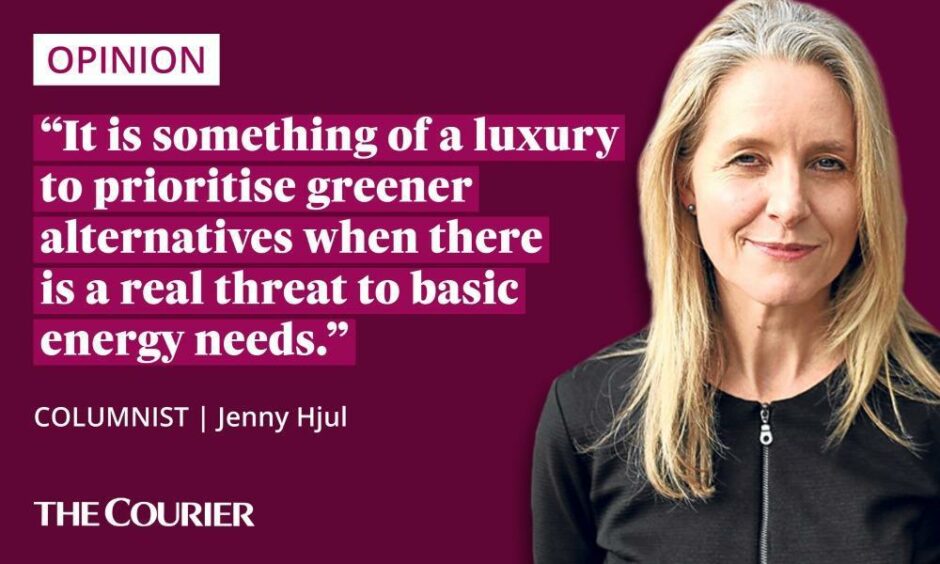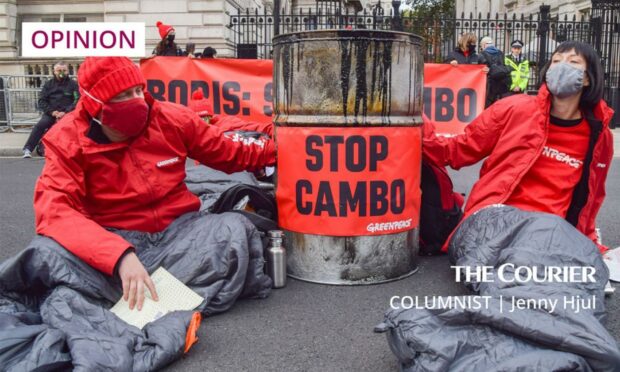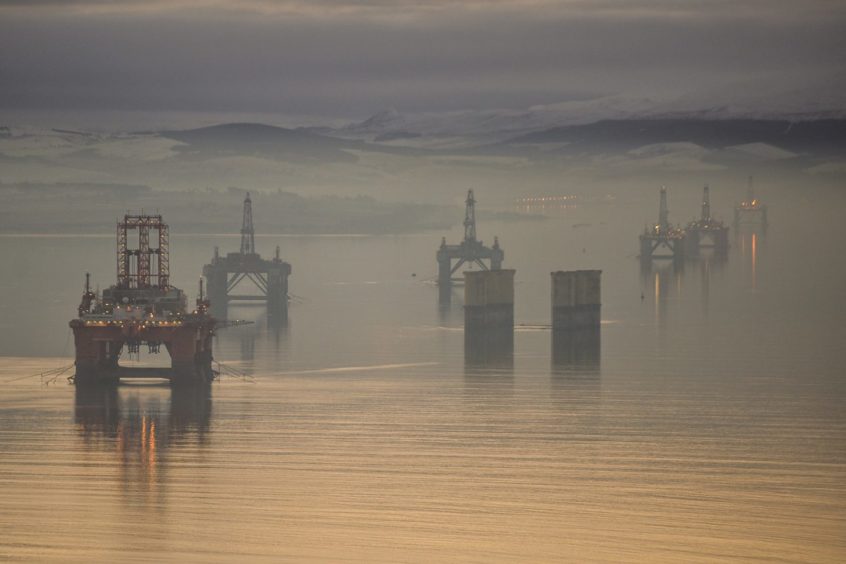If you are rich and resourceful you may well be able to polish up your green energy credentials by fuelling your car with leftover wine and cheese.
This is what Prince Charles, a committed conservationist, puts into his ageing Aston Martin, he told the BBC’s climate editor this week.
Charles also offsets his not inconsiderable carbon footprint with tree planting on his not inconsiderable estates and uses wood chips from trees felled on said estates to power his properties.
He has installed solar panels, too, and a hydroelectric turbine in the river that runs beside his Scottish pile, Birkhall.
Jolly good for him. As a landowner, he probably does as much if not more than other eco conscious lairds to pioneer novel green energy solutions.

But most people do not have rivers from which to recharge their boilers or indeed trees to convert into biomass.
And expensive electric cars, another of Charles’ green concessions, still remain out of reach to ordinary motorists on ordinary budgets.
But our future king’s remedies for saving the planet are very much in line with those of government, here in Scotland and in Westminster.
In the transition to a lower carbon economy, ministers’ green dreams have come at a high price for consumers.
Boris Johnson is on a net zero mission that may earn him green energy points at COP26 in Glasgow but will see costs soar for the average household, up to £2,000 a year according to some experts.
By 2035, UK electricity will be carbon-free, using sources like @DoggerBankWind, which is set to be the world's largest offshore wind farm.
Join me in signing one of @SSE's magnificent wind turbines to call for ambitious global climate action at @COP26: https://t.co/1meAPb14ns https://t.co/h8sibQLBAk
— Boris Johnson (@BorisJohnson) October 6, 2021
Scots may fair even worse because the governing Scottish Nationalists have hitched their own climate targets to the even more extreme Scottish Green goals.
Green energy ideals will cost us all dear
Last week, Green co-leader and Zero Carbon Buildings minister Patrick Harvie said more than a million Scottish homes would have to replace their boilers under the government’s new Heat In Buildings Strategy, with much of the expense (estimated at more than £30 billion) borne by owners.
The Green influence over the SNP’s energy strategy became clear shortly after their coalition deal in the summer, when Nicola Sturgeon called a halt to plans for the new Cambo oil field.
Although the Shetland development had already received the go-ahead, she has now asked Johnson to review its licence.
In the race towards zero emissions there is zero tolerance for North Sea oil and gas. But the problem, as one of her colleagues pointed out, is that while we are still dependent on fossil fuels it would be better to produce our own than rely on over-priced imports.
And never more so than the present, as we face an escalating energy crisis driven by dwindling gas supplies, that will hit the poor and elderly the hardest as we head into winter.
With a dose of pragmatism not evident any more among the Holyrood Nats, Ian Blackford, the party’s Commons leader, said while transitioning to greener power, “it would make more sense for us to use our domestic resource rather than import”.
Blackford, who defied the Greens in August when he appeared to back upgrades to the A9 and A96, is perhaps mindful of the impact on his Highland constituents of ever rising energy rates and a winter fuel shortage.
The UK faces a perfect storm of Tory cuts, regressive Tory tax rises and the soaring cost of Brexit.
With the energy crisis piled on top, it is essential the UK government takes responsibility and delivers urgent support to help families and businesses.https://t.co/IFeIFappyF
— Ian Blackford (@Ianblackford_MP) October 10, 2021
Such voters are removed, not just geographically, from the ruling elite but it is they who should be at the forefront of energy policy.
Basic energy needs must come first
It is something of a luxury to prioritise greener alternatives when there is a real threat to basic energy needs.
Rather like Harvie’s insistence that people ditch their cars for bicycles, the practical considerations around green energy are lost in the higher reaches of eco think.
But to provide energy security, not only for homes but for industry, commerce and food production, we cannot rely on renewables, which are now reportedly providing only 7% of the UK’s energy needs.
When the wind drops, turbines become unproductive and demand for gas soars.
We are now witnessing a perfect – and perfectly predictable – storm of low reserves of natural gas and an over reliance on imports.
Prices of gas are at record highs, with supplies all over Europe at risk from manipulation by Russia and China.
The UK has been particularly badly hit because it is one of Europe’s biggest users of natural gas, with 85% of homes using gas central heating, according to a BBC report. Natural gas also generates a third of our electricity.
While pursuing green energy objectives is noble in the long term, the threat of three-day weeks and lights going out should force an about turn from decision makers and high-profile influencers.
That might be inconvenient with COP26 approaching but, as the nights draw in, the vast majority of people would surely agree with Ian Blackford and value guaranteed gas supplies above the hot air of climate do-gooders.

